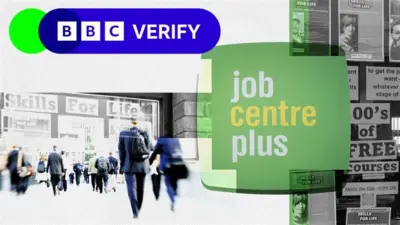We've updated our Privacy and Cookies Policy
We've made some important changes to our Privacy and Cookies Policy and we want you to know what this means for you and your data.
Valve shuts down money laundering via CS:GO game
Image source, Valve
Criminals have been laundering money via the popular
In a statement, it said the game had been targeted by global cyber-criminals looking to "liquidate their gains".
The thieves exploited the game's loot-gathering systems, which allow players to trade keys and unlock rewards for real cash.
Valve said it had updated the game so keys could no longer be traded online.
Fraud-sourced
Video game CS:GO pits two teams against each other on a small map. Their task is to try to eliminate each other and carry out other objectives such as protecting hostages or planting a bomb.
Figures from Valve suggest the game had more than 18 million unique players last month.
While playing CS:GO, gamers could earn loot boxes containing cosmetic upgrades for their avatars or weapons. The only way to open the loot containers was to buy a key from Valve. Both boxes and keys could be traded for real cash on the Steam marketplace.
Valve said until recently keys were generally traded between real players. But now this had changed as fraudsters had targeted the game.
"At this point, nearly all key purchases that end up being traded or sold on the marketplace are believed to be fraud-sourced," it said.
It is not clear how much money was being laundered via the Steam marketplace but hundreds of thousands of boxes and keys have been traded via the online shop. Most keys and boxes sell for a few dollars each.
Players will still be able to buy keys to open containers they get via gameplay, said Valve. Following the latest update to the game, keys will be bound to a player's account so they cannot be transferred.
It admitted that the change would hit some legitimate players but said its desire to combat fraud came first.
Image source, Valve
the keys were used by fraudsters because they had a "consistent price" across Steam. This, he said, let "traders, both legitimate and heinous, use them as a base currency".
Fraudsters are expected to target trading in other Valve games such as Team Fortress 2 or Dota 2, he added.
Valve has taken action several times to limit use and abuse of the CS:GO trading system.
It has limited trading in the past when it emerged that some traders were, in effect, using items as gambling chips. It has also stopped players in the Netherlands and Belgium opening loot boxes following rulings that that mechanism violated local gambling laws.
Top Stories
More to explore
Most read
Content is not available








